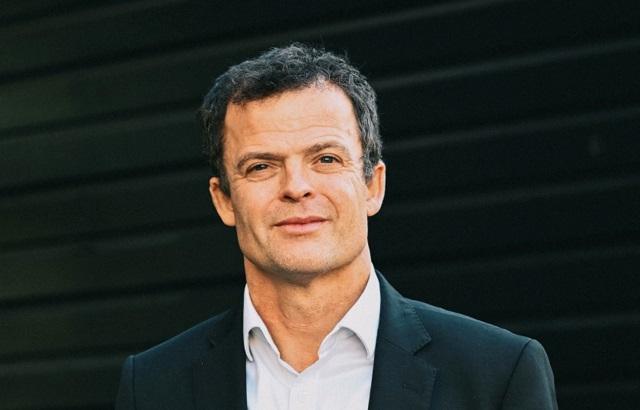Groundbreaking trials reveal improved survival for two hard-to-treat cancers
Researchers from Barts Cancer Institute, Queen Mary University of London delivered two presentations announcing practice-changing results during this Sunday’s prestigious Presidential Symposium at the European Society for Medical Oncology (ESMO) Congress 2024. Professor Tom Powles and Professor Peter Schmid revealed the results of two phase III clinical trials, showing that innovative chemotherapy-immunotherapy drug combinations improve survival for bladder cancer and triple-negative breast cancer, two hard-to-treat cancers. The findings have been published in tandem in the New England Journal of Medicine.
The European Society for Medical Oncology (ESMO) Congress 2024 is a global event showcasing cutting-edge cancer research to over 30,000 attendees. Professor Peter Schmid revealed results of the Phase III KEYNOTE-522 study, showing that pembrolizumab combined with chemotherapy improves survival in people with TNBC. In the same session, Professor Thomas Powles revealed results from the Phase III NIAGARA study, showing that durvalumab combined with chemotherapy improves survival in people with muscle-invasive bladder cancer.
Both researchers lead teams at Queen Mary’s Barts Cancer Institute and Barts NHS Health Trust, which together form the Barts Experimental Cancer Medicine Centre (ECMC), one of the largest cancer trial centres in the UK and a recognised immunotherapy centre of research excellence.

Improving survival in one of the most challenging forms of breast cancer
While survival of breast cancer as a whole has doubled in the past 50 years, triple-negative breast cancer has not seen the same improvements. It grows rapidly and does not respond to the therapies most often used to target other types of breast cancer, such as hormone therapy. The new KEYNOTE-522 trial involved 1,174 people with triple-negative breast cancer from 21 countries and sought to improve prospects for these patients.
Commenting on the importance of the new results, Professor Schmid says:
“Triple-negative breast cancer is the most aggressive subtype of breast cancer with the highest risk of recurrence and worse outcomes compared to other forms of breast cancer. The KEYNOTE-522 trial showed that giving immunotherapy before and after surgery in addition to preoperative chemotherapy, reduces the risk of recurrence and improves overall survival in patients with high-risk early-stage triple-negative breast cancer. This had not been shown before and has become the new standard of care for these patients.”
In the trial, the pembrolizumab regimen reduced the risk of death by 34% compared with the placebo regimen. 87% of patients in the pembrolizumab arm survived for five years compared with 82% of the placebo arm. This builds on previous positive results from this trial, which resulted in this treatment regimen becoming the new standard of care, available on the NHS.

A new approach to stop bladder cancer from coming back after surgery
Bladder cancer has not received as much research attention compared to some other cancer types, leading to a lack of effective treatments. Most patients with advanced disease die within a year of diagnosis. In around a quarter of patients with bladder cancer, the tumour invades the muscle wall of the bladder without spreading to distant sites – a condition known as muscle-invasive bladder cancer. Standard therapy involves chemotherapy followed by surgical removal of the bladder (radical cystectomy). But even after surgery, the disease often returns and new treatments are critically needed.
Professor Powles says:
“Chemotherapy followed by surgery has been the best cure for bladder cancer for 20 years but half the patients relapse and die. Preventative immune therapy – in the form of durvalumab – given before and after surgery significantly reduces the risk of relapse and significantly improves survival. It also appears to have few additional side effects. This has not been shown before and is likely to be a new standard of care.”
NIAGARA is a global Phase III trial involving 1,063 patients recruited from 22 countries. The study found that the durvalumab reginem reduced the risk of recurrence by 32% and the risk of death by 25% compared with the placebo regimen. 82% of patients in the durvalumab group survived for two years, compared with 75% of patients in the control group.
These results follow close behind Professor Powles and his team’s breakthrough EV302 trial results, announced last year, which revealed a new drug combination that doubles survival in metastatic bladder cancer. As a result, Professor Powles was named in Nature’s list of 10 most influential people in 2023, and was listed in TIME magazine’s 100 most influential people in global health in 2024.

Category: Conferences, General News, Publications

No comments yet